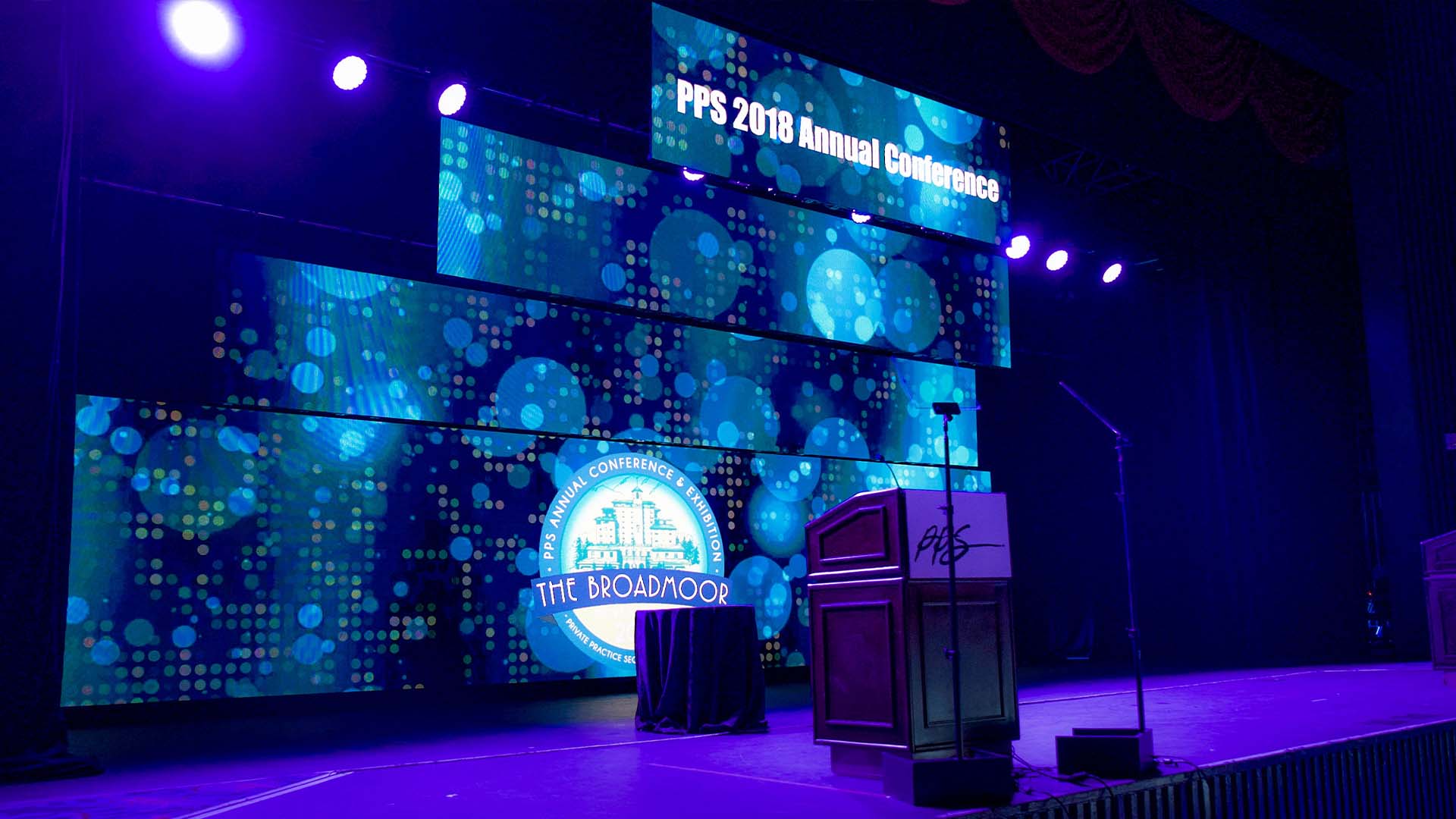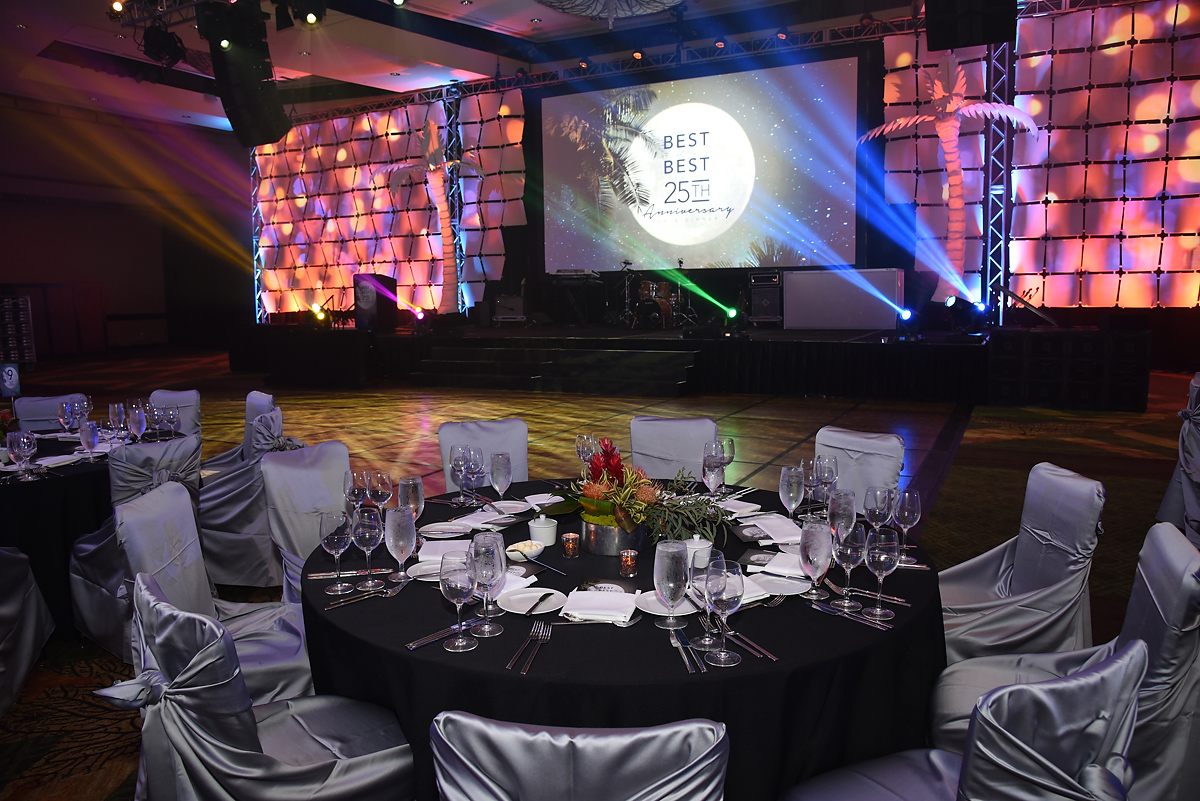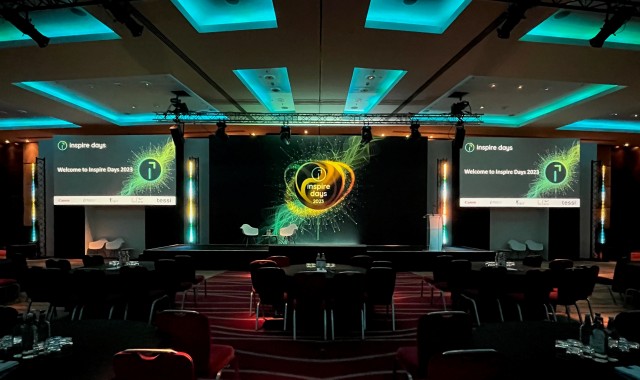Why Efficient Event Productions Are Secret to Your Company Success
Wiki Article
Recognizing How Events Manufacturing Works: A Comprehensive Introduction of the Refine
The ins and outs of occasion manufacturing need a methodical method that integrates several phases, each playing a vital duty in the overall success of an occasion. Understanding the subtleties of budgeting, source allotment, and on-site monitoring is important for any expert in this area.First Preparation and Idea Growth
Reliable initial planning and principle advancement work as the structure for successful occasions manufacturing. This phase involves defining the occasion's objective, target market, and preferred outcomes. A clear vision is crucial; it overviews all succeeding choices and helps straighten the team's efforts toward an usual objective.Throughout this phase, brainstorming sessions can be important. Involving stakeholders, consisting of clients, sponsors, and possible guests, cultivates a joint environment that produces ingenious ideas. Furthermore, extensive marketing research should be performed to comprehend trends, choices, and potential obstacles.
When the concept is established, it is essential to create a thorough event outline. This synopsis ought to consist of the event's theme, style, and key tasks. Establishing a timeline is just as crucial, as it helps to handle target dates and jobs properly.
Budgeting and Source Allowance
With a strong principle in position, attention must transform to budgeting and source allotment, which are important components in implementing the event effectively. A well-defined budget serves as a roadmap, detailing all expected costs and readily available sources. It begins with recognizing repaired and variable expenses, including venue service, catering, advertising and marketing, staffing, and modern technology. Each category must be diligently computed to avoid overspending and to guarantee that funds are assigned properly.Source appropriation entails appointing both human and economic sources to different tasks and components of the event. Prioritization is key; important components need to obtain ample financing while less vital elements may call for an extra conservative approach. In addition, backup planning is essential-- assigning a portion of the spending plan for unanticipated costs can reduce monetary risks.
Additionally, effective communication among group members pertaining to budget plan constraints cultivates collaboration and development. This advertises the accountable use resources and motivates imaginative options to remain within budget. Ultimately, a strategic strategy to budgeting and source allocation prepares for a successful event, enabling organizers to concentrate on supplying an unforgettable experience for attendees while preserving economic integrity.
Logistics and Control
Navigating the complexities of logistics and control is important for the smooth execution of any type of occasion. This phase involves careful preparation and organization to make sure that all parts operate in harmony. Crucial element include place option, transportation plans, and the organizing of numerous activities.Reliable logistics begins with a detailed assessment of the venue's constraints and capabilities. This consists of recognizing the format, access points, and available resources. When the location is validated, transport logistics have to be developed, incorporating the motion of attendees, tools, and products. Coordinating these aspects requires partnership with vendors, providers, and transport solutions Clicking Here to ensure timely deliveries and pickups.
An additional critical facet is the growth of an extensive timeline that details all logistical components leading up to the occasion. This timeline acts as a roadmap, outlining key landmarks and due dates for tasks such as equipment setup, providing services, and audiovisual installations. Routine communication with all stakeholders is essential to attend to any type of possible issues proactively.
Execution and On-Site Management
Successful implementation and on-site monitoring are essential for changing careful strategies right into fact during an event. Their ability to make real-time decisions can considerably affect the event's success.A distinct timetable is crucial, acting as a roadmap for all activities. Occasion managers should ensure that setup takes place on time, sticking to timelines for sound checks, providing deliveries, and visitor arrivals. Reliable analytical skills are additionally vital; unforeseen obstacles can emerge, requiring quick thinking and flexibility to maintain the occasion's circulation.
This degree of interaction not only enhances the overall experience yet also reflects the professionalism and reliability of the occasion team. Ultimately, effective implementation and on-site administration hinge on in-depth preparation, effective interaction, and a dedication to providing a remarkable event for all entailed.

Post-Event Analysis and Comments
The end result of this page any type of occasion exists not only in its implementation yet also in the complete analysis that follows. Post-event examination is crucial for determining the general success of the occasion and recognizing locations for improvement. This process normally entails gathering feedback from various stakeholders, including attendees, vendors, and staff member, to obtain a detailed viewpoint on their experiences.To structure the analysis, occasion organizers often use surveys and interviews, concentrating on crucial performance signs such as attendee satisfaction, logistical performance, and budget adherence. Evaluating this data enables planners to evaluate whether the event met its objectives and to comprehend the staminas and weaknesses of the execution.
By methodically resolving comments and applying modifications, occasion experts can boost their techniques, inevitably leading to even more impactful and effective events. In final thought, post-event analysis is a crucial step in the occasion production procedure that makes certain ongoing growth and quality in future endeavors (Event Productions).
Verdict

The ins and outs of occasion production demand a methodical method that integrates several phases, each playing a vital duty in the overall success of an event.With a strong principle in place, interest needs to transform to budgeting and resource allotment, which are essential parts in performing the occasion efficiently.Resource allotment includes appointing both economic and human resources to various jobs and parts of the occasion. Ultimately, a tactical technique to budgeting and source allocation lays the foundation for an effective event, enabling coordinators to focus on delivering a remarkable experience for attendees while maintaining financial integrity.

Report this wiki page